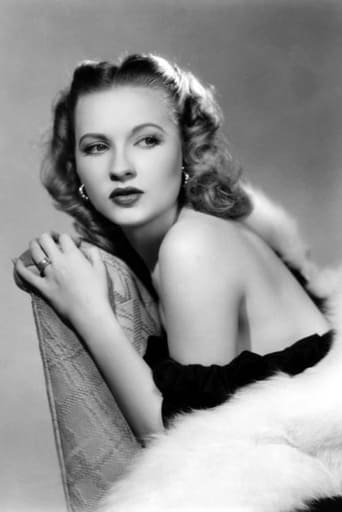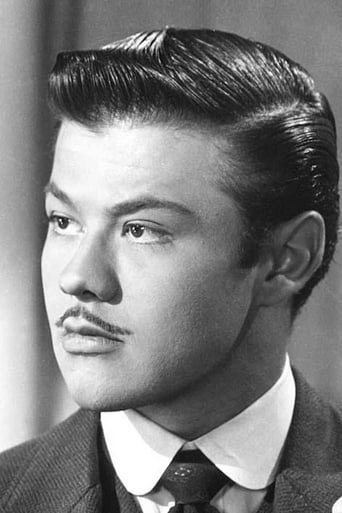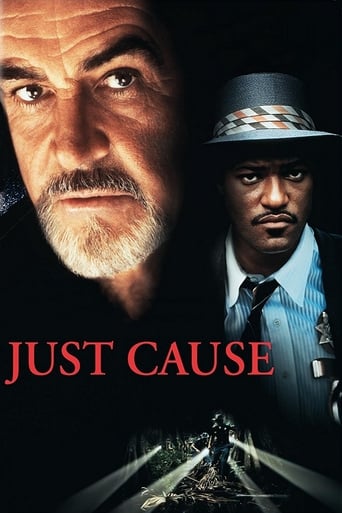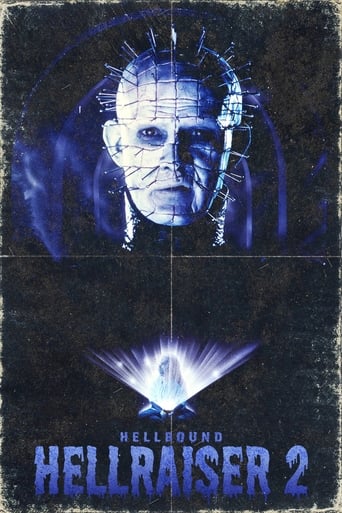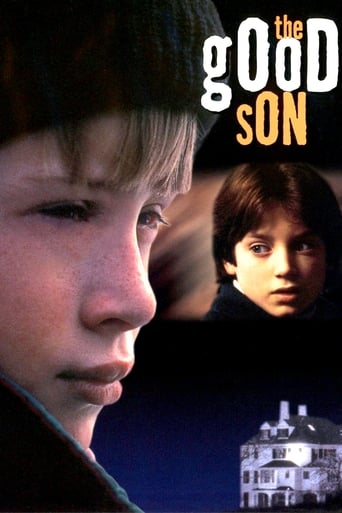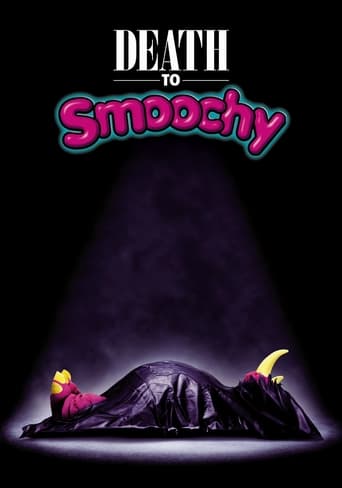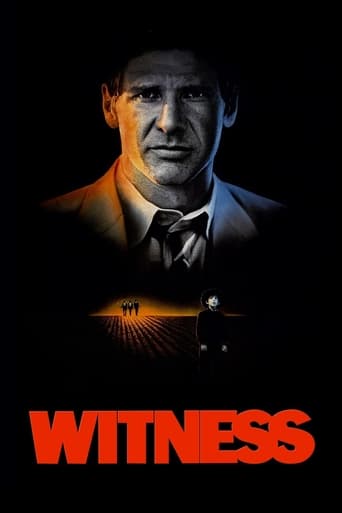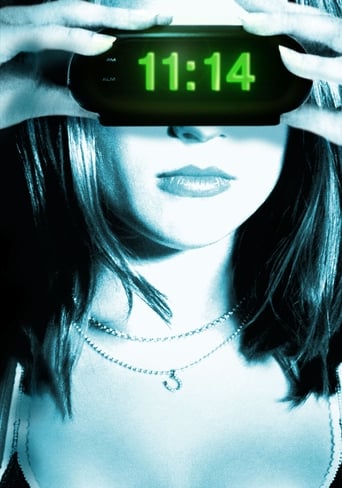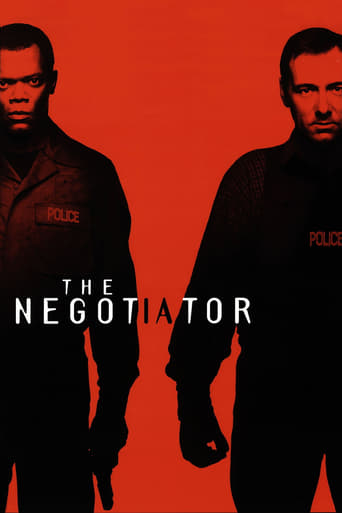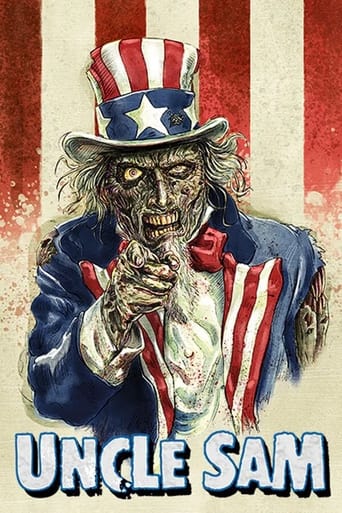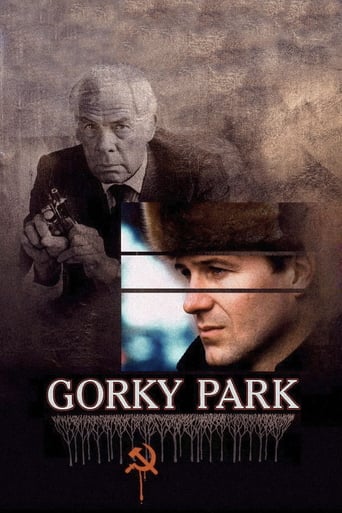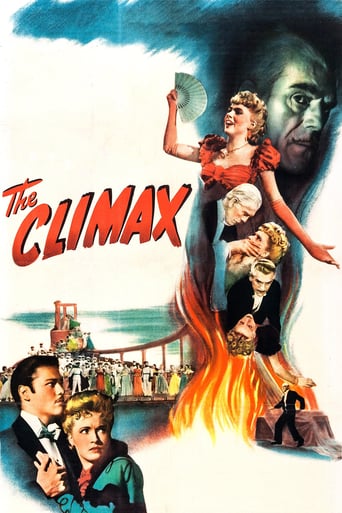
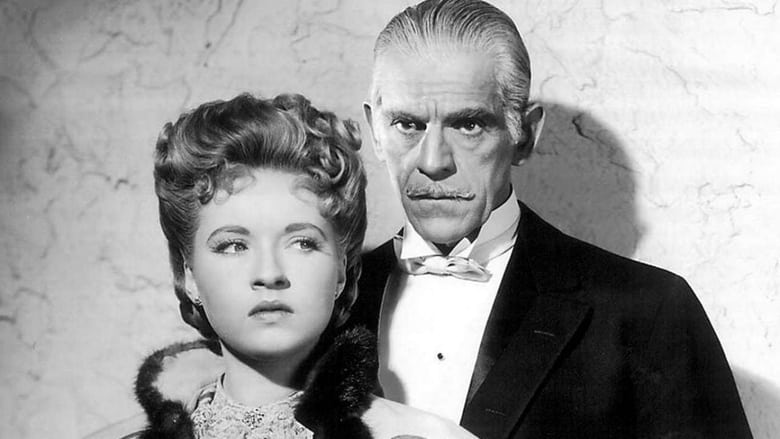
The Climax (1944)
Dr. Hohner, theatre physician at the Vienna Royal Theatre, murders his mistress, the star soprano when his jealousy drives him to the point of mad obsession. Ten years later, another young singer reminds Hohner of the late diva and his old mania kicks in. Hohner wants to prevent her from singing for anyone but him, even if it means silencing her forever.
Watch Trailer
Cast
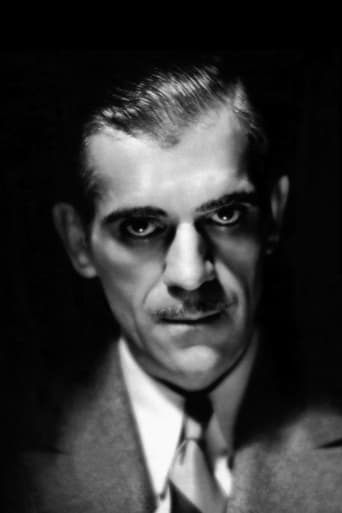


Similar titles
Reviews
A demented physician (Boris Karloff) becomes obsessed with a young singer (Susanna Foster) whose voice sounds similar to his late mistress (June Vincent).Something about this film went horribly wrong. The script comes from the writer of "The Wolf Man", and the director was also from "The Wolf Man". Off to a good start. Then you cast Boris Karloff, possibly the best of the Universal horror actors. And the set is from "Phantom of the Opera", a very impressive background.But then the creators seemed like they wanted to mix opera with horror, and went a bit too heavy on the opera. This mix works, as both "Phantom" and Dario Argento's "Opera" have proved. But horror fans want horror, not song and dance numbers, and this never delivers the goods. Those who like singing may greatly enjoy this, but those were not the people who the film was marketed to.
Lovely and talented aspiring opera singer Angela Klatt (an appealing performance by the fetching Susanna Foster) gets a plumb job as the star of a opera that's being produced by a prestigious theatrical company. However, the obsessive Dr. Friedrich Hohner (an oddly low-key turn by the usually reliable Boris Karloff) tries to stop Angela from succeeding with said opera. The key problem with this film is that George Waggner's pedestrian direction and the overly talky script by Curt Siodmak and Lynn Starling crucially fail to provide much in the way of tension, excitement, and momentum. The story basically plods along sans pizazz prior to finally coming to briefly stirring life with the inevitable fiery conclusion. Granted, the opera sequences are staged with impressive grandeur and elegance. Moreover, the gorgeous cinematography by W. Howard Greene and Hal Mohr makes exquisite use of the richly saturated Technicolor format and Edward Ward's lush orchestral score does the sweeping trick. The sound cast do their best with the so-so material: Gale Sondergaard as Hohner's suspicious housekeeper Louise, Turhan Bey as Angela's likable and supportive composer fiancé Franz Munzer, Thomas Gomez as the merry Count Seabruck, Jane Farrar as stuck-up prima donna Jarmila Vadek, Ludwig Stossel as the friendly Carl Baumann, and George Dolenz as arrogant baritone Amato Roselli. But as a horror thriller this film totally fizzles, with only one murder set piece (done in flashback, no less!) and no suspense to speak of. Stately, but static.
A potential opera singer's career is threatened when a mad doctor, throat therapist Dr. Friedrich Hohner(Boris Karloff), places a hypnotic spell on her in order to halt her from performing in a production, The Magic Voice, once occupied by Marcellina(June Vincent)..Hohner was responsible for strangling Marcellina to death because she denounced his love in favor of stardom. Angela Klatt(Susanna Foster, who is wonderful)must somehow resist Hohner's power, with help from her beloved and faithful fiancé, Franz Munzer(Turhan Bey), a pianist and Carl(Ludwig Stössel), an employee in the theater whose association with the Vienna Theater House's proprietor, Count Seebruck(Thomas Gomez)landed her a position in a production opening the door to possible success in the first place. Hohner will do whatever is in his power to keep Angela from completing the opera of The Magic Voice for only Marcellina, in his mind, was "allowed" to perform it. Hohner will have a secret adversary in Luise(Gale Sondergaard), his maid, for she was Marcellina's best friend, needing some sort of incriminating evidence, or confession, to prove he killed her.More of a Gothic melodrama with an opera backdrop(..it's similarities to the previous year's Phantom of the Opera are interesting as I have read that the same extravagant sets were used from that film for The Climax)than a full-bore horror film. The usual magnificence associated with Universal Studios are on display such as luxurious sets, impressive art direction, detailed costume design(..from the always reliable Vera West)and top notch cast, but there's nothing extraordinary regarding plot or characters. Opera lovers might appreciate this more than the usual Gothic horror fans who flock, like yours truly, to these movies. Karloff, as the haunted physician, was my reason of interest in seeing this besides The Climax being produced by my favorite studio. Also, seeing a younger Karloff in Technicolor, was really neat as well. Jane Farrar is good fun as a pampered(long in the tooth) prima donna opera singer and George Dolenz is the lothario on stage who earns her ire, both often at each other's throats over this and that, mundane ordeals Seebruck has to deal with on a daily basis. While I adore the excellence of B&W photography, Universal Studios is known specifically for during this period in cinema, films like Phantom of the Opera(..the '43 version with the great Claude Rains)and The Climax are simply ideal for Technicolor so we can fully appreciate the look of the production and wardrobe. I'm not an opera guy, to tell you the truth, but I admire the obvious hard work and dedication that went into The Climax. The Climax was directed by George Waggner(The Wolf Man).
My summary, if you knew me, is quite sarcastic, as I am not a fan of opera. And, when I watch a horror movie (with the exception of PHANTOM OF THE OPERA), I tune in to watch horror--not see song after song after song. While technically this is a Boris Karloff film, you'd never know it unless you paid attention. It looks much more like a musical--something fans of Karloff probably were not happy to see.When the film began, I was immediately struck by the vivid Technicolor. Karloff rarely performed in color until late in his career when most films were in color. But, for 1944, it was unusual to see color films--particularly horror films. Also, the spectrum of colors they used were unusual--lots of pastels like mauve, rich purple and aqua as well as gray. It was very striking.A decade ago, Karloff argued with a prima dona at the opera and strangled her. However, her body was never found and Karloff has remained free. Now, a new singer, Miss Klatt, arrives and she reminds him strongly of dead woman, Marcellina. And, since Karloff is a bit touched, he feels strange impulses towards Klatt. He tricks her into being hypnotized and gives her the suggestion that her voice is gone! Apparenly now that Marcellina is dead, Karloff won't allow anyone else to sing like her or sing her music. In many ways, this film is like an anti-Phantom of the Opera or anti-Svengali--where the mad genius guides a woman's career to failure instead of great success.The young lady's fiancé, Turhan Bey, is worried about her and the odd influence that Karloff is having on her. So, he sneaks her away from Karloff's home (where she is staying while she "recouperates"). Bey is surprised to find that the medicine that Karloff has given her in an atomizer turns out to be nothing but colored water. What gives?! Somehow Bey gets the idea to help his fiancée get over her inability to sing can be cured by arranging a command performance before the very young king. This plan made very little sense and I have no idea what Bey's reasoning was. The king, it turns out, is pretty swell and agrees to the plan.Somehow Bey also gets the idea that by destroying the atomizer in front of her, that his lady friend will regain her voice. It's as if he read the script! Such amazing "insider knowledge" is an inherent weakness of the film.When Karloff discovers what's happened, he once again tried to persuade Klatt not to sing. But, just to make sure, plans to either kill her or destroy her vocal cords--it's hard to tell which he's about to do when the housekeeper confronts him--of course, with no backup or witnesses!! She KNOWS the truth and will stop him (how?!)! Fortunately, as Bey read the script, he knew to appear just in time to save the lady and rescue Klatt from Karloff's clutches.In the end, Klatt goes on and is marvelous (if you like that sort of stuff) and Karloff overacts as he and his dead Marcellina (who he kept embalmed in a hidden room in his house) catch fire for no particular reason.Overall, it's hardly fair to call this a Karloff movie, as he's really just a supporting playing to a bunch of warbling. Unless you are a glutton for opera (very high-pitched opera, by the way), then this film will be, at best, barely a time-passer and nothing more. That's because there is almost no suspense, no twists, Bey apparently always has ESP (how else can he do what he does in the movie?) and in the end, Karloff catches fire for no apparent reason other than it's the end of the film! Truly, despite looking nice, this is a very badly written film that wastes Karloff's considerable talents.And to think that Karloff's first color film was this dull song-fest.


